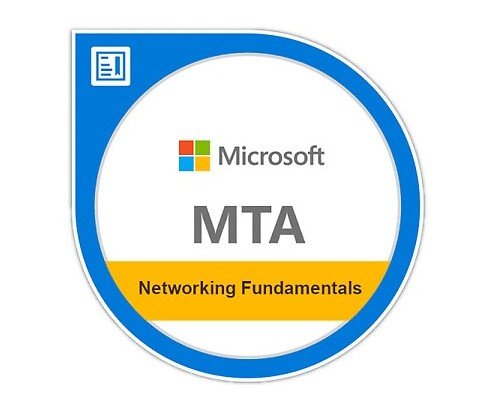Course Overview
The 40366-B: MTA Networking Fundamentals course is designed to provide students with the foundational knowledge and skills necessary to understand and work with network infrastructures. This course is an excellent starting point for individuals who are new to IT and wish to pursue a career in network administration.
Learning Outcomes
By the end of this course, students will be able to:
- Understand network infrastructures, including cabling, network devices, and storage.
- Define and understand network topologies and standards.
- Work with network protocols and services.
- Configure and troubleshoot network hardware and software.
- Implement network security measures and policies.
- Explore wireless networking fundamentals and technologies.
Target Audiance
- Individuals pursuing a career in IT and networking.
- Students seeking a foundational understanding of network concepts.
- IT professionals looking to update or validate their networking knowledge.
- Individuals preparing for the Microsoft Technology Associate (MTA) exam 98-366.




 4.87
4.87